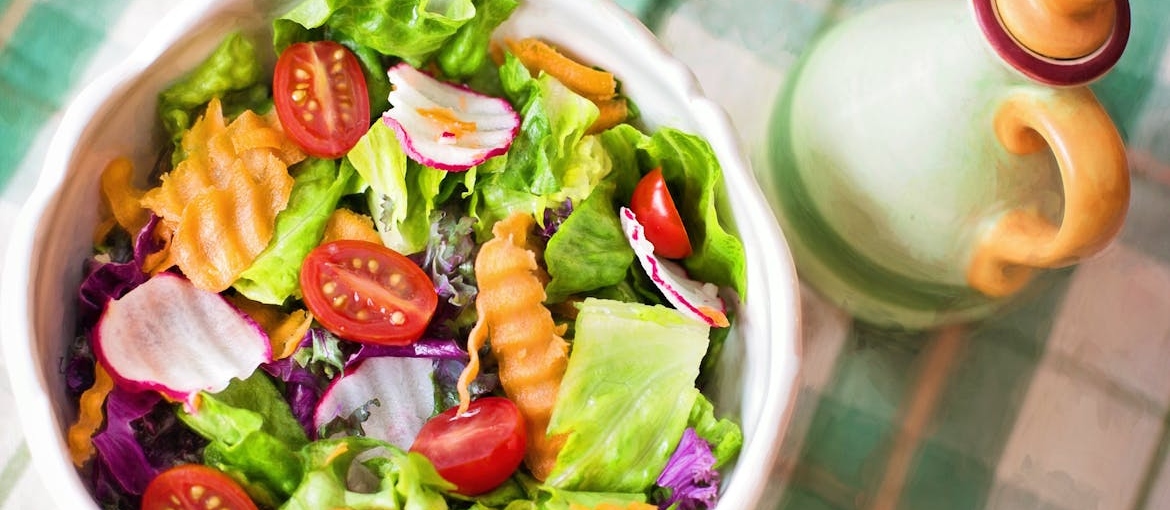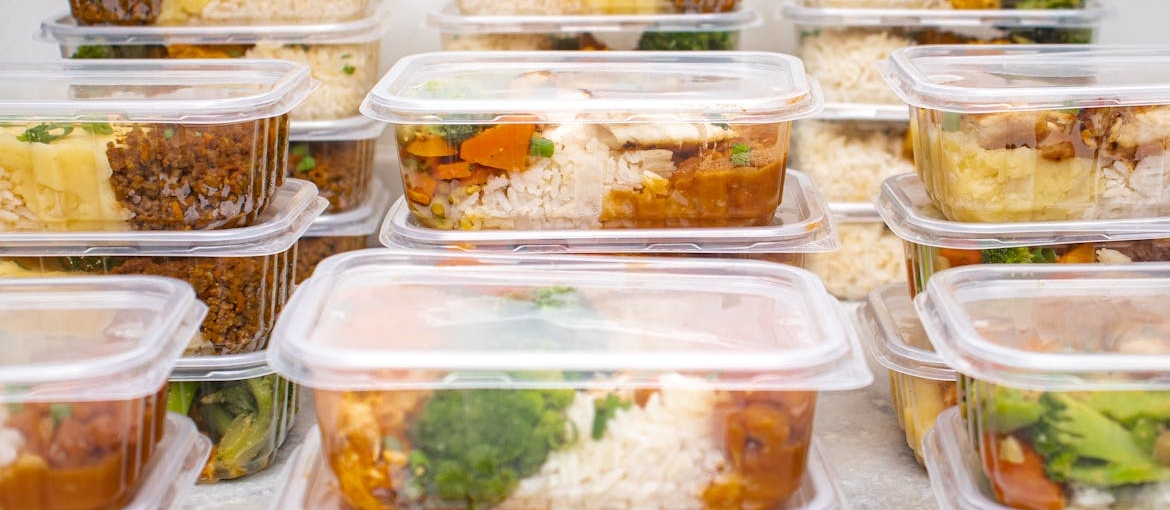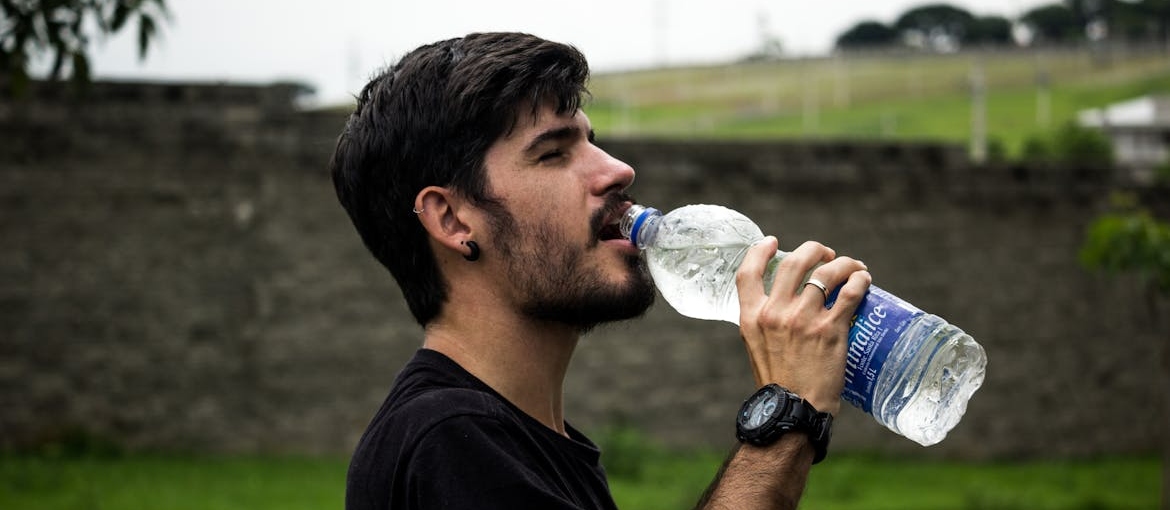Recovering from substance use is hard on your body and mind. What you eat plays a major role in how you feel during this process. The right meals give your body the strength to repair damage and flush out harmful substances. Many people don’t realize how much food choices affect mood, energy, and recovery outcomes. That’s why knowing the best foods for detoxing from drugs can make a big difference. Fresh produce, clean proteins, and hydration all support your system as it heals. If you’re working with addiction treatment centers in West Virginia or considering treatment, pairing recovery with proper nutrition can speed up progress. You don’t have to face this alone—food can be a simple tool to help you rebuild health and support long-term recovery.
Best Foods for Detoxing From Drugs
Choosing the right meals during recovery helps your body heal faster. The best foods for detoxing from drugs include leafy greens, berries, and lean proteins. These foods repair organs, support brain health, and reduce cravings. Fresh produce provides antioxidants that protect cells from damage. Whole grains give steady energy while helping you feel full.

Adding nuts, seeds, and fish supports your heart and improves mood. Many people also use vitamins for addiction recovery because nutrient deficiencies are common after substance use. The best foods for detoxing from drugs should be part of your daily meals, not just short-term fixes. Healthy food makes recovery easier and gives you tools to handle stress and fatigue. Every meal you choose can move you closer to health and stability.
Nutrition and Rehab: Supporting Recovery Programs
Food plays a bigger role in rehab than most people realize. The best foods for detoxing from drugs can make treatment more effective by helping the body heal faster, improving energy, and supporting mental health. Rehab programs today often include nutritional guidance because what you eat can shape how you feel each day. The right foods can reduce cravings, stabilize mood, and support long-term progress in recovery from substance use.
How Rehab Programs Incorporate Nutrition Into Healing
Rehab programs understand that recovery isn’t just about therapy or medication. Nutrition has a big impact on healing. Many treatment centers now include meal planning, cooking lessons, and education about foods that support detox. Patients learn about the best foods for detoxing from drugs and how to use them daily. These foods restore vitamins and minerals, repair organs, and improve brain function.
For people with insurance, even policies such as blue cross blue shield drug rehab coverage may help with programs that integrate nutrition into care. Foods good for drug detox, like leafy greens, berries, and lean proteins, help the body recover faster. Learning what foods are good for drug detox is a skill that continues to support you long after leaving treatment.

The Role of Diet in Relapse Prevention
Healthy food isn’t just about physical repair—it also affects relapse risk. Eating balanced meals helps regulate blood sugar, mood, and stress. When the body feels stable, cravings are less intense. Many inpatient drug rehab centers in West Virginia include nutrition in their relapse prevention strategies. They teach patients about the best foods to eat during drug detox and the types of foods to eat when detoxing from drugs that keep energy levels steady.
Whole grains, fresh fruits, and protein-rich meals give your body fuel and reduce the triggers that lead to relapse. Healthy foods to eat during drug detox are more than a short-term fix—they are part of building habits that make relapse less likely. What foods clean out your system can also make you feel more in control during recovery.
Working With Nutritionists and Therapists in Treatment
Recovery works best when you have support from professionals. Many programs include nutritionists and therapists who help create personalized food plans. They combine therapy and diet, so your body and mind heal together. Dialectical behavior therapy for addiction often pairs with nutrition coaching to build coping skills and healthier habits.
You might learn about foods to add to your drug detox diet, such as fermented foods, nuts, and fish, which helps in detoxification of drugs and supports brain health. The best foods for detoxing from drugs are often introduced gradually to reduce stress on the body. Working with specialists gives you the confidence to choose what is the best food to eat to detox and to keep those habits strong long after treatment ends.
Creating a Long-Term Recovery Meal Plan
Building a healthy meal plan is about structure and consistency. Without a plan, it’s easy to slip back into old habits that harm your progress. A long-term recovery meal plan doesn’t have to be complicated—it just needs balance. The focus should be on foods that give energy, reduce cravings, and support mental health. Making food choices ahead of time lowers stress and helps you stay committed. Here are some simple parts of a recovery meal plan:
- Balanced meals: Include protein, vegetables, and whole grains.
- Meal prep: Cook in batches so healthy food is always ready.
- Snacks: Choose fruits, nuts, or yogurt instead of processed food.
- Consistency: Eat at regular times to stabilize energy.
- Hydration: Add water, teas, and natural drinks daily.

Lifestyle Support Beyond Food
Food plays a major role, but recovery also depends on lifestyle choices outside of the kitchen. Nutrition, sleep, exercise, and stress management all work together to help the body recover. Eating the best foods for detoxing from drugs sets the foundation, but adding movement, rest, and mental health tools builds stability. These practices make detox easier, help prevent relapse, and give you the energy and focus to stay committed to recovery.
The Role of Exercise in Recovery
Exercise supports both physical and mental recovery. Regular movement helps regulate stress, improve mood, and restore balance to the body. Here are some ways exercise helps:
- Reduces cravings: Physical activity lowers stress that can trigger relapse.
- Boosts mood: Endorphins support positive feelings and motivation.
- Repairs health: Improves circulation, heart function, and energy.
- Builds structure: Adds routine and consistency to daily life.
- Supports detox: Helps the body flush toxins through sweat and circulation.
Sleep’s Impact on Detox and Healing
Quality sleep is one of the most important parts of healing. Without it, cravings feel stronger, mood swings increase, and your body struggles to repair itself. Many people in recovery face insomnia or poor rest, which makes progress harder. That’s why support through treatment matters. A fentanyl detox center often includes sleep-focused care to help patients regain healthy rest patterns.
Healthy foods to eat during drug detox, like whole grains and bananas, also support better sleep by calming the nervous system. Sleep allows your brain to process stress, improve focus, and support healing. What foods are good for drug detox often overlap with foods that naturally improve sleep, making it easier for you to stay on track with recovery.

Stress Management Practices for Long-Term Wellness
Stress is one of the most common triggers for relapse. Building ways to manage it is critical for lasting recovery. Drug rehab Buckhannon WV has often combines therapy with stress management tools, like mindfulness, breathing exercises, and journaling. Nutrition also plays a role in stress reduction. What foods clean out your system, like fruits and vegetables, can improve your body’s stress response.
Foods to add to your drug detox diet, such as omega-3 rich fish, support brain function and lower anxiety. Pairing these foods with relaxation techniques makes you more resilient. Stress doesn’t disappear, but having tools to manage it can keep you from turning back to substances. Which helps in detoxification of drugs is not only the right food—it’s the combination of diet, therapy, and stress control.
Vitamins and Minerals for Recovery
Your body needs extra nutrients after substance use. Deficiencies are common and can slow down healing. The right foods and supplements help repair organs, boost immunity, and restore brain function. Citrus fruits, peppers, and leafy greens give vitamin C to support the immune system. Bananas and nuts provide magnesium, which calms the nervous system. Fish, eggs, and seeds offer omega-3 fatty acids that improve mood.
Many treatment programs recommend key vitamins and supplements for meth recovery to address damage caused by long-term use. Eating a variety of colorful fruits and vegetables provides most of what you need. Still, some people benefit from supplements when diet alone isn’t enough. Focusing on nutrient-rich meals every day supports both physical and emotional recovery for the long term.
Hydration and Detox: More Than Just Water
Staying hydrated is one of the most effective ways to support detox and healing. Water helps flush toxins, improves digestion, and keeps your body running smoothly. During recovery, dehydration can make you feel tired, anxious, or even increase cravings. But hydration doesn’t stop with plain water. Drinks like herbal teas and natural juices can also help. Adding electrolyte-rich fluids can restore balance after your body has been through stress. Here are some good options for hydration during detox:
- Water: Keeps your body clean and supports every system.
- Herbal teas: Calm the body and support digestion.
- Coconut water: Provides natural electrolytes for energy.
- Lemon water: Aids digestion and adds vitamin C.
- Vegetable juices: Add nutrients while keeping you hydrated.

Protein-Rich Foods to Rebuild Strength
Recovery takes energy, and your body needs protein to repair itself. Protein helps rebuild muscles, strengthen the immune system, and balance brain chemicals. Lean meats, beans, tofu, and eggs are simple ways to get what you need. Fish, especially salmon, adds omega-3s that support mood and brain health.
Dairy or alternatives like soy milk also give protein and calcium for bone strength. When you focus on protein-rich meals, you feel full longer, which reduces cravings for unhealthy snacks. It’s helpful to combine protein with vegetables or whole grains to keep energy stable. Adding small amounts of protein to every meal and snack can make a real difference in recovery. This habit makes your body stronger and supports long-term health while you heal.
Healing the Gut During Detox
Substance use often harms digestion and gut health. Repairing your gut is an important part of recovery. A healthy gut improves energy, focus, and mood. Probiotic foods like yogurt, kefir, and sauerkraut restore good bacteria that support digestion. Fermented foods such as kimchi or miso can help balance your system.
Whole grains like oats and brown rice add fiber, which keeps your digestion regular and your energy steady. Fresh vegetables and fruits also feed healthy gut bacteria. Healing the gut during detox takes time, but consistent healthy eating makes the process easier. Eating foods that reduce inflammation, such as fatty fish or olive oil, can help calm your system. Strong gut health supports better absorption of nutrients and makes recovery progress more steady.

What to Avoid During Detox and Recovery
What you don’t eat is just as important as what you do eat. Some foods make cravings worse, slow healing, and leave you feeling drained. Cutting these out of your diet helps your recovery go smoother. Processed foods, sugary snacks, and fast food add stress to your body instead of helping it heal. Here are some foods to avoid when detoxing and rebuilding health:
- Processed foods: Loaded with chemicals that strain your body.
- Sugary snacks: Spike blood sugar and trigger cravings.
- Fried foods: Increase inflammation and slow down healing.
- Caffeine overload: Causes anxiety and disrupts sleep.
- Alcohol: Slows recovery and harms the liver.
Conclusion: Building Health Through Smart Food Choices
Recovery is about giving your body and mind what they need to heal. Choosing the best foods for detoxing from drugs helps restore strength, clear toxins, and rebuild energy. Even small changes, like adding more fresh fruits, vegetables, and protein, can improve how you feel day to day. Staying hydrated and avoiding processed foods also makes a real difference. Nutrition is not the only step, but it’s one you control and can start right now. If you’re in treatment, healthy meals can support the work you’re already doing. If you’re preparing for recovery, good food can help your body feel ready. Healing takes time, but every meal can move you closer to better health and stability. You deserve that chance to rebuild.



